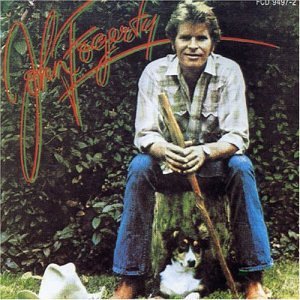
I often fall behind a week or two in reading my subscription to The Economist. That’s OK, because I don’t put much stock in being a current events guy. I mostly read The Economist in hopes of finding signs of Great People.
My wife and I have subscribed to The Economist since 1995, when we got back from our year in Hungary. It provides a balanced overview and analysis of world events, developments in science and the arts, and so forth in a way that skirts around the America-centric and marketing-driven tone of Time, Newsweek, and all other publications that have been influenced over the years by the success of USA Today.
I always begin reading The Economist at the back, where they run a featured obituary. I love obits! It’s good to reflect on the lives of great men and women, especially those I may have otherwise never heard about. Death has its benefits after all.
Great People are harder to spot in the world news and politics sections, but they exist. The Finance section makes no sense to me, so I can’t tell if they exist there. I also struggle with Science, but I can spot greatness in that area now and then. Next to the obits, the Books and Arts section of The Economist is the best place for me to keep up with the works of Great People.
Yesterday, while catching up on last week’s issue, I got to the Books and Arts section and read about a music conductor I’d never heard of before, Gilbert Kaplan. I often come back to articles regarding classical music, but this one was entitled “Desparately seeking Mahler.” One of the only classical albums I own and know well is a performance of Mahler’s Fourth Symphony with some short songs following, Sinfonia No. 4 – Lieder und Gesange aus der Jugendzeit. I’m glad I read about this guy before he makes it to the obits page.
Continue reading »


